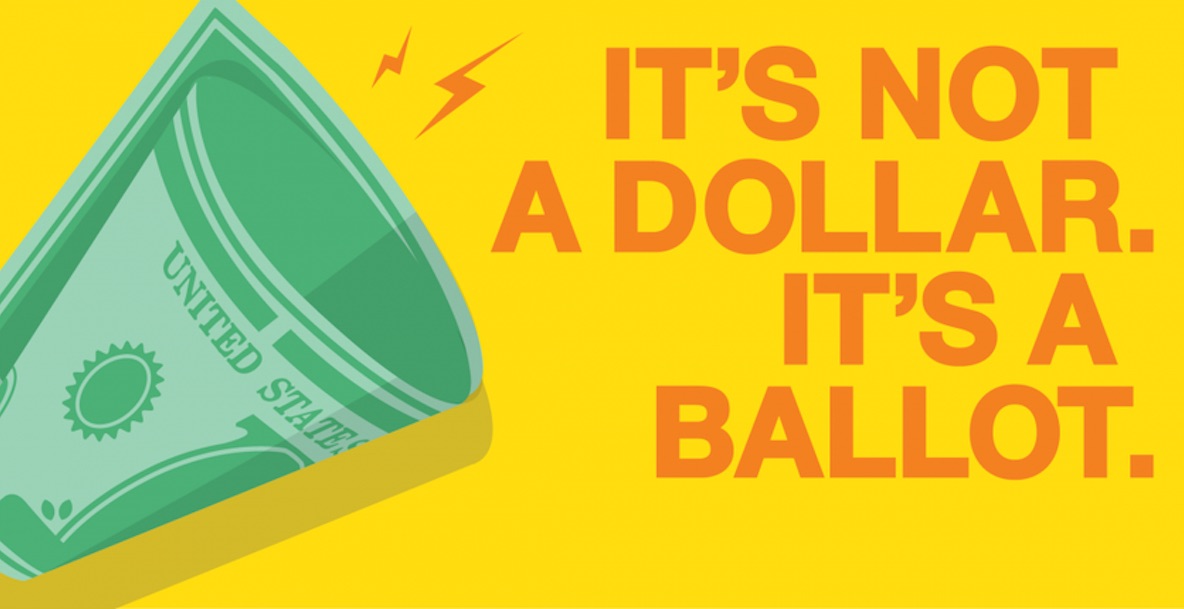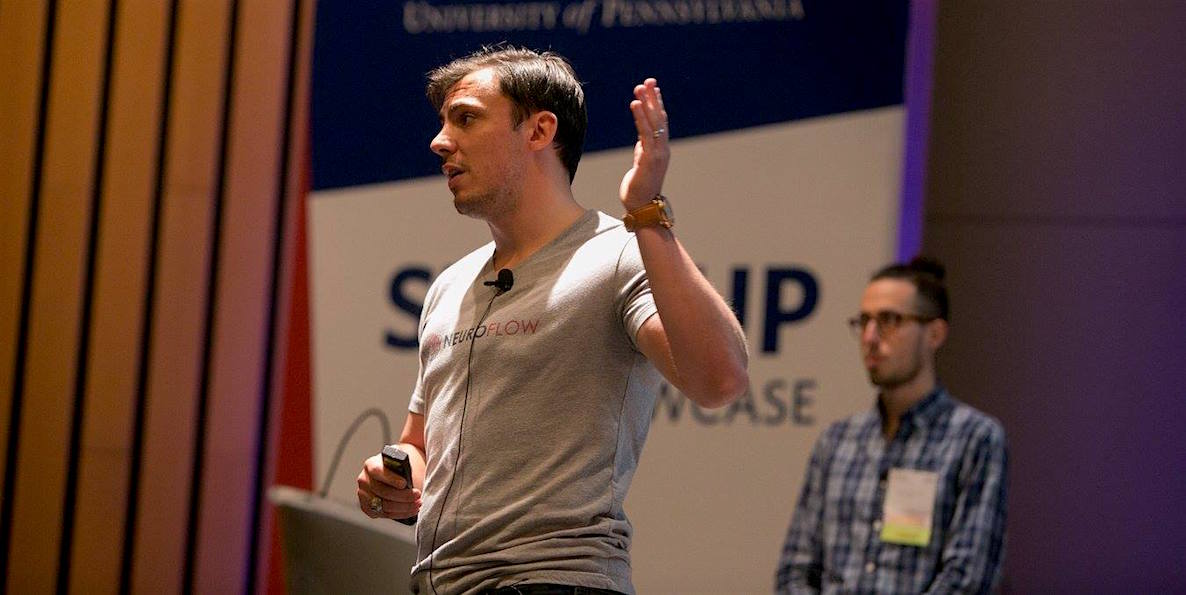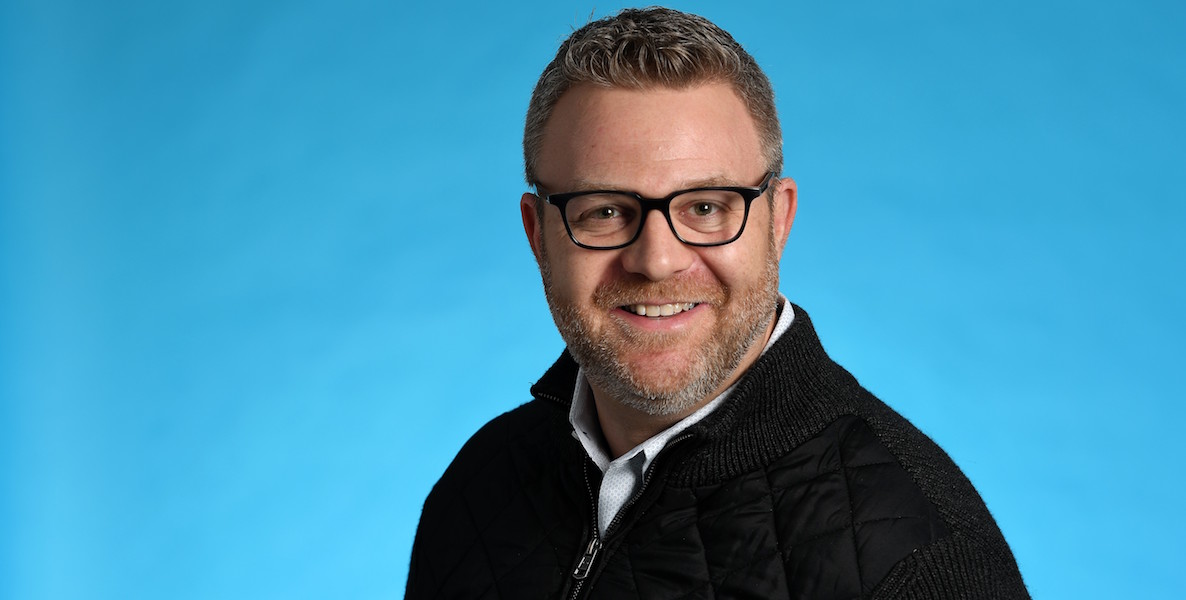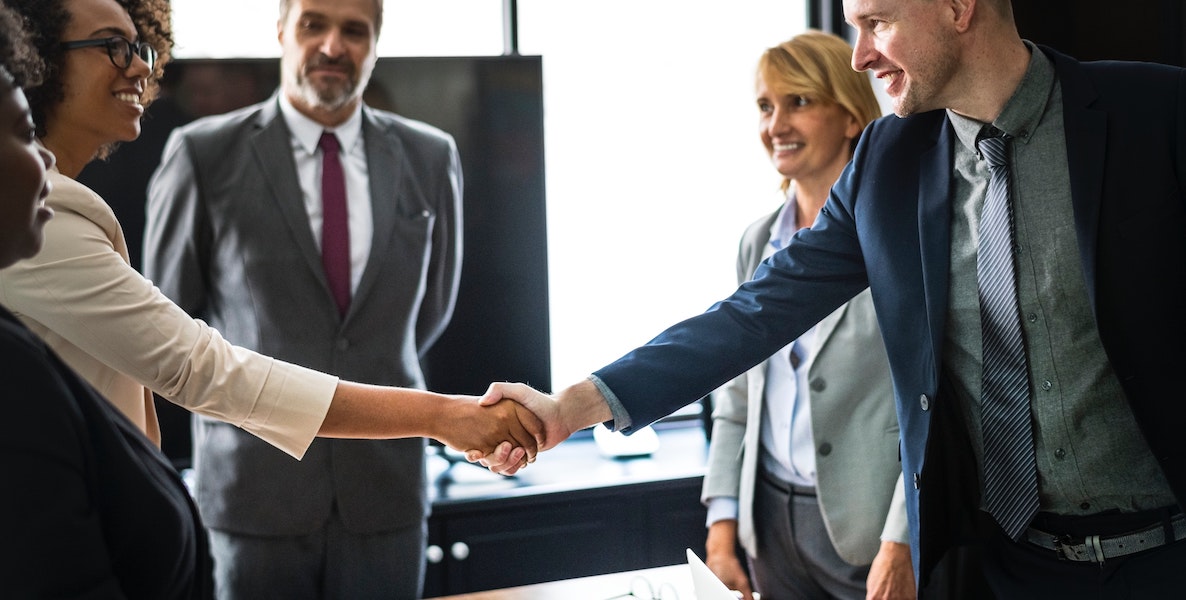Small Giants is the brainchild of Danny Almagor and Berry Liberman—partners in business as well as in life. Named after the Bo Burlingham book Small Giants, the company’s founding inspiration was the book’s central premise: that some companies choose to be great rather than big.
Small Giants is an impact-investment firm founded in 2007 in Melbourne, ![]() Australia, that seeks to empower other impact-driven businesses to reach their full potential. Since that time, Small Giants has built an eclectic portfolio, including media brands, alternative-energy producers, business incubators and more.
Australia, that seeks to empower other impact-driven businesses to reach their full potential. Since that time, Small Giants has built an eclectic portfolio, including media brands, alternative-energy producers, business incubators and more.
Almagor’s vision (he was founder and CEO of Engineers Without Borders Australia) and Liberman’s creativity (she’s the publisher of Dumbo Feather magazine and a filmmaker) are complemented by a leadership team headed by Mele-Ane Havea, an ex-lawyer with an MBA who is the “Director of Yin” alongside Almagor’s “Director of Yang” (think co-CEOs) and Liberman’s “Creative Director” role. Collectively, the company’s leaders bring soul and purpose to their impact investing by defining success differently.
“We don’t really pursue a growth agenda,” says Almagor. “What we do is support people who we think are creating or running businesses that are having a meaningful impact in the world. By doing that, we seem to get it right more times than we get it wrong, and we naturally seem to grow.”

Prefer the audio version of this story? Listen to this article on CitizenCast below:

So what can we all learn from this human-centered, purposeful strategy? I talked with Almagor and Havea about success and fulfillment in investing and business — and in life.
You’ve told me that you’re drawn to pursuing love and empathy as the lead for a new economy. Many people will want to know: What do love and empathy have to do with business?
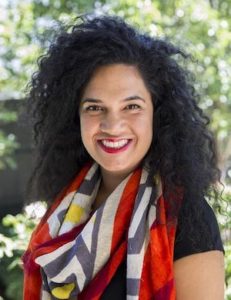
Havea: Business, at its core, is about supporting people in their journey of life to flourish. That’s love. Empathy is people connecting to one another. It’s feeling what other people feel and understanding what they feel and connecting to that. At the core, business is about relationships and connection.
Interdependence has really been resonating strongly for me—the idea of recognizing not necessarily religion, but a truth that underlies many religions—that we are connected to each other as humans. That we’re also connected to the planet and part of an ecosystem. When that truth is held at the center, then that will likely influence the way that we interact and we organize in businesses and as companies.
How does that connectedness actually show up in how you operate a business?
Havea: Responsibility. We understand that we’re all connected, but the corporate structure has responsibilities only to its shareholders.
Almagor: The truth is a lot of our responsibilities don’t come through some legal right or legal expectation, but it’s actually through the experience of being human. You could say a robot has responsibilities, and you could program a robot, but it doesn’t have feelings. It doesn’t feel the concept of dignity or respect. It’s an algorithm. Business in the same way doesn’t have the concept of dignity in and of itself. That’s a uniquely human trait, and it doesn’t exist in the structures that we have created. Certain responsibilities just can’t be put in some legal expectation.
Typical investors are looking for a company to grow. How do you deal with the tension of prioritizing small-scale, human, intimate connections while supplying the capital that drives people to go big?
Havea: It’s interesting to think about the reasons why we invest in the first place. I think we need to consider the question, “What is enough?” How much do we really need to do what we want to do?
Almagor: You’ll find people who’ve made hundreds of millions or even billions of dollars, and they don’t go, “That’s great, I won.” They jump in again. It’s actually something else that’s driving them, which I think is a relatively unconscious thing. The question of how much is enough often doesn’t get asked in the beginning, and, therefore, the only thing that an investor can do is pursue growth. We need to start asking what is sustainable—how can we sustain what we have without needing to continually grow?
We need to understand there are certain things that capital will destroy the value of. That said, there’s a huge universe of things capital does not inherently destroy and can actually help solve, like our climate crisis.
I think the Dalai Lama said once, “Being happy and useful is the meaning of life.” That’s the game we’re ultimately playing.
Does the definition of “growth” change over time?
Almagor: Yes. In the first part of a business, I would say similar to a child, our growth is happening on every level—on the intellectual level with our the mind, on the physical level with our body. For some people even on the spiritual level, with their understanding of “What am I here to achieve?”
We looked at our business and said, “What do we need to be able to sustain ourselves?” Once you’ve got that, don’t continue to take more just because you can get more. If you grow and you make more next year, that’s OK, but it doesn’t become the purpose of the business. If you were a flower business, your purpose would be to deliver flowers to bring smiles to people’s faces. Or if you were a clothing business, to bring sustainable warmth to people’s lives. It’s something more.
Do you have examples of companies you’ve invested in, or companies you’ve been a part of, where you feel the company redefined what healthy growth looked like?
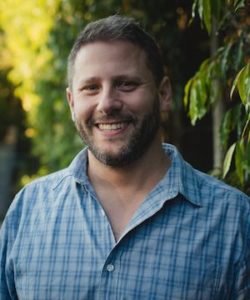
Almagor: When we talk about growth, we are usually talking about size, about scaling the size of a business. The book Small Giants gives multiple examples where companies chose not to grow in size. Our own Small Giants is another example where we do not target growing in size. Our aim is to keep a very small staff and farm out new projects and businesses where we can. To be clear, we do want to grow impact, so the question is whether you need to grow in size to grow your impact. In some cases that is true. But the alternative is to seed or inspire new businesses and new ideas and create an economy consisting of many human-scale businesses, rather than an economy where the goal is to be a giant who concentrates wealth, power and control. We need to think of the right size for the business, depending on its purpose. Just like you cannot have the same conversation and connection in a gathering with 100 people as you can at a dinner with five friends, businesses need to determine what they are trying to achieve, and then what is the right size. If it is just profit for profit’s sake, then there is never enough.
![]()
One business we just started is Impact Safari, taking people on immersive journeys to places like Bhutan and Israel/Palestine to explore topics such as “Leadership in the New Economy” and “Conflict and Understanding the Other.” This business is not about running hundreds of tours. It is about bringing small groups of people on adventures that will take them deep into an idea that will help inform their purpose and create more positive impact. This is not a model that is designed to grow into a large business. It would lose its magic if it did.
Havea: Another example is our small-scale farm, Mossy Willow. It has a limited area for growing and is not aiming to expand that area. We run internships and fellowships on the farm to encourage others to copy us, and the only growth we see is a network of small-scale farms in the area, sharing resources, ideas, distribution and talent. One large farm would negate what we are trying to achieve.
What’s your take on the current impact-investing environment?
Almagor: I think impact investing is wonderful at its core. One challenge we in the community need to stay aware of is that it’s not the silver bullet that can solve all problems. There are many problems in the world that I think capital should not interfere with. There are some places where money erodes the value that you’re trying to protect; an example for me would be elections.
It’s a bit like saying if you pay your friends to be your friends, they’re no longer friends. If I have to pay somebody to tell me they love me, it’s not love. We need to understand there are certain things that capital will destroy the value of. That said, there’s a huge universe of things capital does not inherently destroy and can actually help solve, like our climate crisis.
Havea: We can’t have funds that are essentially structured in the same way, using the same structures and same metrics to measure our success, as traditional marketing and truly be impactful. We can’t keep doing the same thing and expecting a different result. One thing that I’ve loved through Small Giants is that we’ve challenged the structure and approach that we have through investing. So we don’t go and partner with somebody thinking that we’re going to finish with them in seven years and assume a certain return, which is such an underlying assumption of our market and the way our general funds are structured.
If you were going to speak to folks in your same situation, who had similar capacity and lack of return constraints, what would your advice to them be for how to use their assets toward a higher purpose?
Almagor: I will say that I don’t think that you have to be financially rich in order to go down this pathway. There are millions of people around the world who have chosen not to play the same old game. They know that happiness is about realizing how much is enough, not having more. You don’t need a whole lot of money to do that. You just need to make a decision to live a life of purpose and of service. Almost all of our religions and traditional wisdom teachings tell us the same thing.
But if we are talking about people of wealth, I would say it’s working out who you are. Know yourself. What do you care about? What are your values? What are you trying to achieve? What legacy do you want to leave? Spend some time thinking about that. Knowing ourselves and what we want out of this very, very brief life that we have is really step one. Then step two is asking what you need to achieve that. That’s the how-much-is-enough question, both financially and non-financially.
From there, really start looking for people who can support your journey. Even the best tennis player in the world has a coach. Get a coach and a good financial adviser who understands your intention so they can guide you. Surround yourself with others looking to do the same. Join an impact investing club. Be a B Corp. You don’t need to do it alone.
There are millions of people around the world who know that happiness is about realizing how much is enough, not having more. You don’t need a whole lot of money to do that. You just need to make a decision to live a life of purpose and of service.
What would it mean to be a master of business, playing by your rules?
Havea: I think a master of business is connected to purpose and disconnected or detached from outcomes. That’s what I feel we’re working toward. The only reason I can come to this realization or to understand this is because of my work with the Small Giants team. Together, we go deeper and understand our purpose and help each other disconnect from outcomes. It’s so human to want to have outcomes, to want to achieve certain things. The practice is letting go, and I don’t think we can do that alone.
Why is being a B Corp important to Small Giants?
Almagor: Being a B Corp is a public acknowledgment of a lot of the philosophies and values that we espouse. But that’s less of a reason than connectedness—being connected to a community of people trying to put passion and purpose, happiness and usefulness at the core of what success in business looks like.
Margaret Mead said, “Never doubt that a small group of thoughtful, committed citizens can change the world; indeed, it’s the only thing that ever has.” Essentially, change doesn’t happen as a large-scale thing. It happens in small areas. Look at these movements, like this B Corp movement, that came out of a small group of people and has the potential to truly change the world.
Jay Coen Gilbert is co-founder of B Lab, a global movement of people using business as a force for good. This article first appeared in Forbes.
Photo via Pexels



